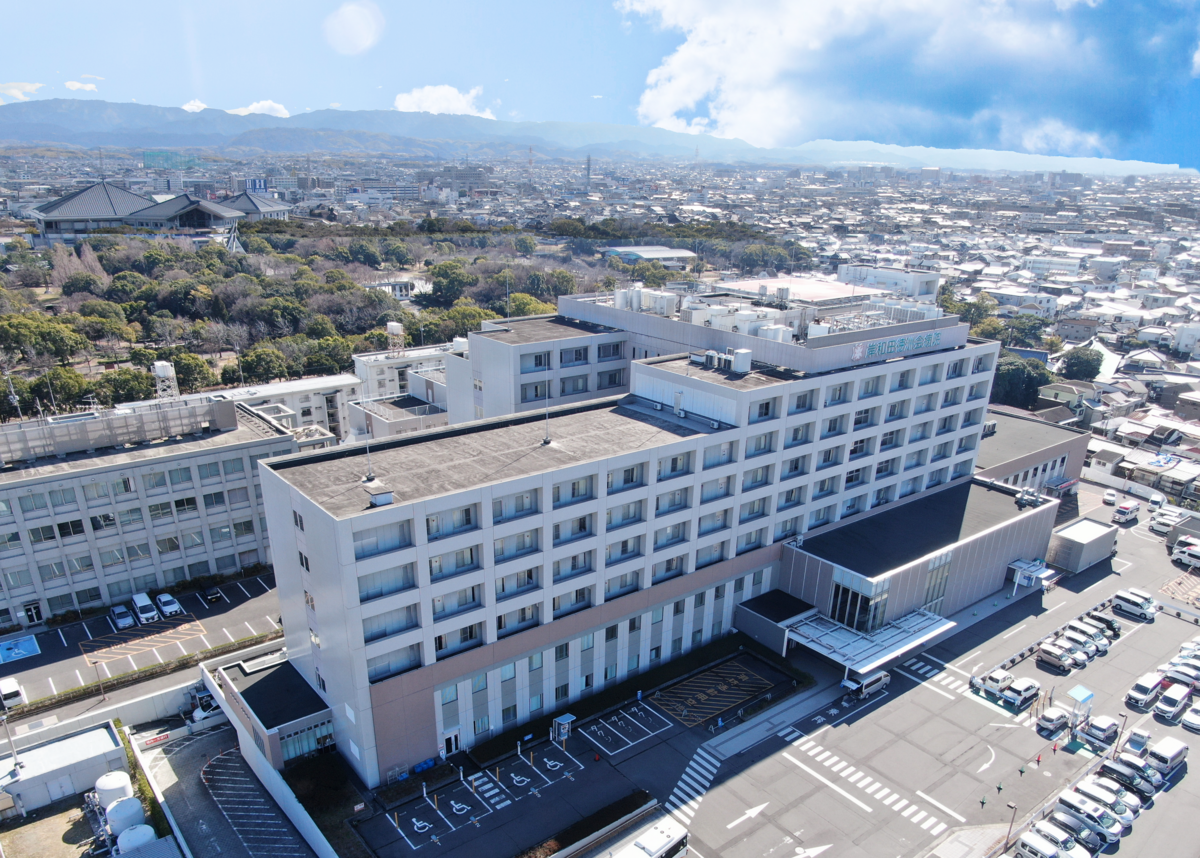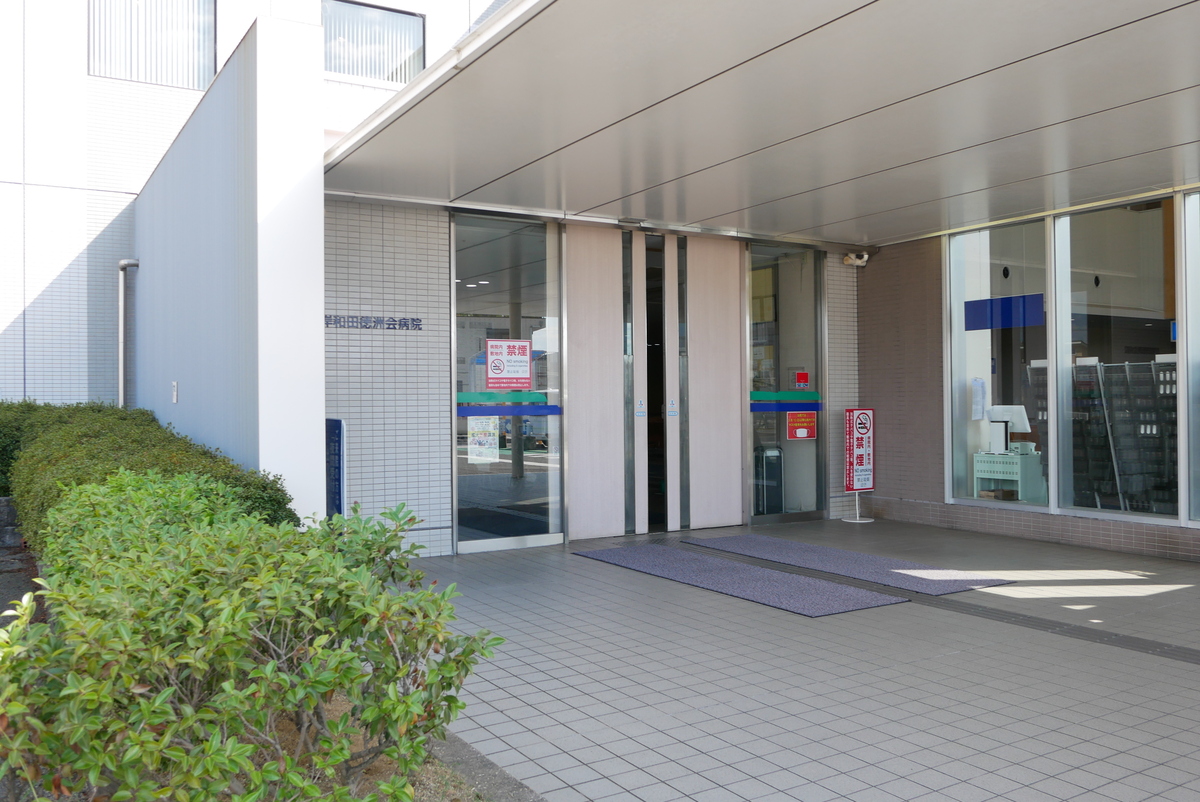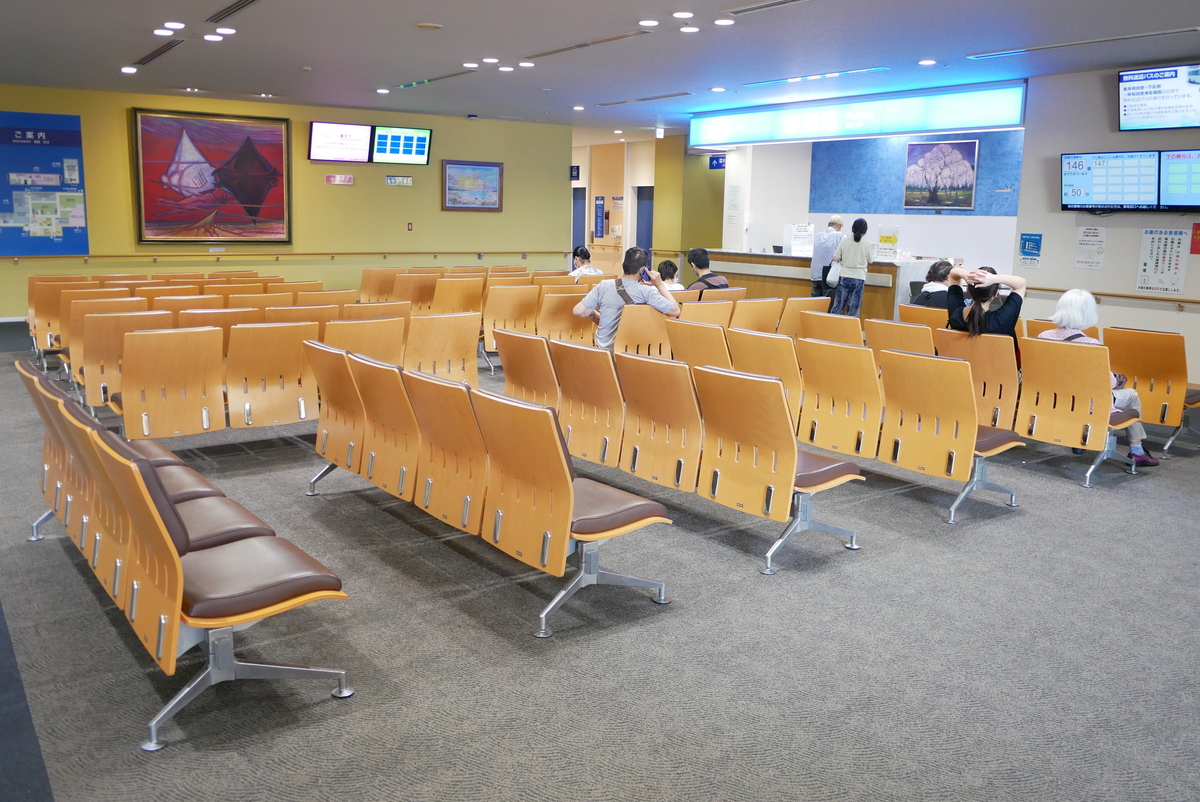Program details
Pelvic Function Surgery (Fecal Incontinence & Pelvic Organ Prolapse) 【Kishiwada Tokushukai Hospital】
surgery
Kishiwada Tokushukai Hospital(Kinki/Osaka)
Addressing Fecal Incontinence and Pelvic Organ Prolapse
Advanced Treatments to Improve Quality of Life
To address fecal incontinence and pelvic organ prolapse, sacral nerve stimulation therapy and laparoscopic surgery are utilized to improve quality of life (QOL). Approximately 70% of patients can expect effective results for fecal incontinence.
- Genres
-
- Department
- Disease
- Examination Items/Treatments/Surgical method
- Region/Organ
- Program Summary
- Treatment for Functional Colorectal Disorders and Pelvic Organ Prolapse (Pelvic Function Surgery)
[Target Diseases] Fecal Incontinence, Chronic Constipation, Rectal Prolapse, etc.
Sacral Nerve Stimulation Therapy (SNM)
In recent years, functional disorders related to defecation and urination have become increasingly recognized as significant health concerns. In Japan, approximately 5 million people are estimated to suffer from fecal incontinence. Although these conditions are more prevalent among the elderly, patients who have undergone rectal or prostate surgery may also develop defecation or urination disorders, significantly impairing their quality of life (QOL).
In our department, we provide comprehensive diagnosis and specialized treatment for conditions caused by functional disorders of pelvic organs such as the rectum, bladder, uterus, and pelvic floor muscles (e.g., levator ani, anal sphincter). These conditions include fecal incontinence, constipation, and pelvic organ prolapse (e.g., rectal prolapse). For cases of fecal incontinence and rectal prolapse that do not respond to medication, surgical treatment is considered.
For fecal incontinence, Sacral Nerve Stimulation Therapy (SNM) is available as a surgical option. It is recommended as an effective treatment in the 2017 Guidelines for the Treatment of Fecal Incontinence. Initially, a temporary stimulation device is used for about two weeks, and a permanent device is implanted subcutaneously in the lower back only if the therapy proves effective. SNM has shown to improve fecal incontinence in approximately 70% of cases.
For rectal prolapse, surgical options include transanal and transabdominal approaches, with the surgical method determined based on the severity of the prolapse. For transabdominal procedures, we offer minimally invasive treatments such as Laparoscopic Rectopexy, where the rectum is elevated and fixed inside the abdomen laparoscopically.
- Medical Institutions
-
Kishiwada Tokushukai Hospital
〒596-0042
4-27-1 Kamoricho, Kishiwada City
- Examination Items
- Setup Date
- Excluded days
- Required Days/Hours
- Start/end time
- Eligibility Criteria/Exclusions for Treatment
- Eligibility Criteria
1. Medical Information:
- Diagnosis (e.g., fecal incontinence, chronic constipation, rectal prolapse, or other pelvic functional disorders)
- Detailed symptoms (e.g., frequency of fecal incontinence, defecation/urination disorders, severity of pelvic organ prolapse)
- Examination results from other institutions (e.g., abdominal CT, MRI, endoscopy, anorectal function tests)
- Presence of comorbidities (e.g., diabetes, neurological disorders, heart disease)
2. History of Treatment:
- Previous treatments or surgeries related to gastrointestinal or pelvic functional disorders (particularly rectal or prostate surgeries)
- Current medications (e.g., anticoagulants, laxatives, antispasmodics)
- Presence of allergies or adverse drug reactions
3. Age and Physical Fitness:
- Assessment of physical fitness and ability to tolerate surgery or anesthesia, particularly for elderly or comorbid patients
- Evaluation of suitability for sacral nerve stimulation therapy or laparoscopic surgery
4. Preoperative Testing and Preparation:
- Ability to undergo necessary preoperative tests (e.g., blood tests, ECG, anorectal and pelvic function tests)
- Capacity to manage lifestyle adjustments before surgery
5. Postoperative Follow-Up and Lifestyle Guidance:
- Willingness to participate in regular postoperative follow-ups and rehabilitation
- Compliance with postoperative lifestyle guidance, including dietary adjustments and defecation care
- Precautions / Contraindications
- Precautions and Contraindications
1. Cases Outside the Indications for Treatment:
- Patients with severe neurological disorders (e.g., fecal incontinence caused by spinal cord injury or neurological diseases) may not benefit from sacral nerve stimulation therapy.
- Patients with a high risk of general anesthesia or severe heart disease may face surgical limitations.
- Patients with active infections or skin inflammation may not be eligible for implant surgery.
2. Risks Related to Sacral Nerve Stimulation Therapy:
- Potential risks such as infection, displacement of electrodes or stimulation devices, and device malfunction, and device malfunction during the therapy process.
- Some patients may not experience effective results, making trial stimulation devices essential for pre-assessment.
3. Risks Related to Laparoscopic Surgery:
- Risks include bleeding, infection, and bowel injury during surgery, requiring careful postoperative management.
- There may be temporary constipation or difficulty with defecation following surgery after surgery, necessitating close monitoring.
---
# Important Pre-Treatment Information
1. Preoperative Preparation:
- Patients taking antiplatelet or anticoagulant medications should follow the doctor’s instructions to discontinue or manage them before surgery.
- Necessary preoperative tests (e.g., anorectal function tests, ECG) must be completed to confirm surgical eligibility.
2. Postoperative Care and Follow-Up:
- After sacral nerve stimulation therapy, contact a medical institution immediately if experiencing abnormal pain, signs of infection, or discomfort with the battery.
- Temporary constipation or difficulty in defecation may occur, requiring dietary management and defecation support.
3. Lifestyle and Daily Precautions:
- Pay attention to possible interference from mobile phones or electronic devices when using the stimulation device and follow usage instructions.
- Regular outpatient visits are necessary to ensure the proper functioning and maintenance of the stimulation device.
4. Regular Follow-Up:
- Regular check-ups after stimulation device implantation or laparoscopic surgery are recommended to monitor progress.
- If symptoms recur or health conditions change, consult a physician promptly.
5. Emergency Response:
- If you experience infection, unusual pain, or device malfunction related to the stimulation device, contact a medical institution immediately related to the stimulation device.
- Ensure emergency contact details for medical institutions and attending physicians are readily available.




